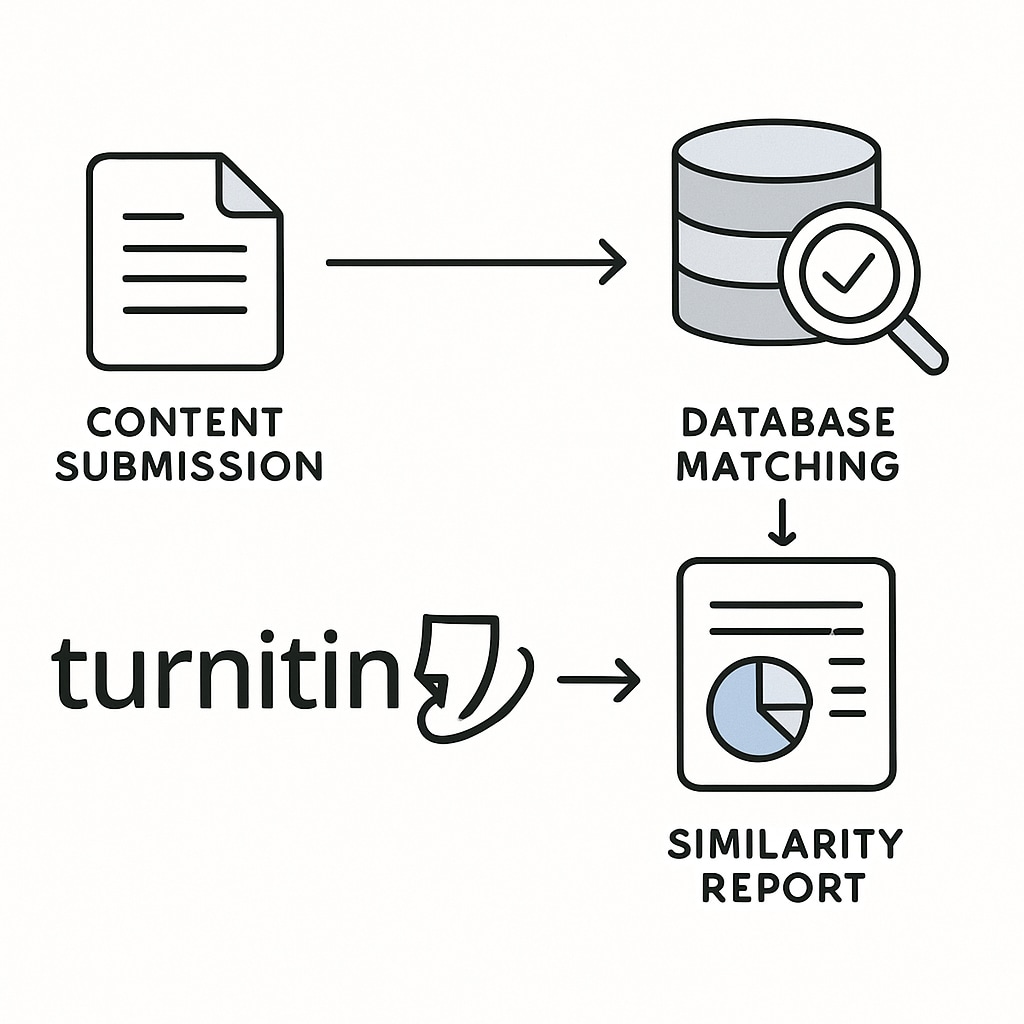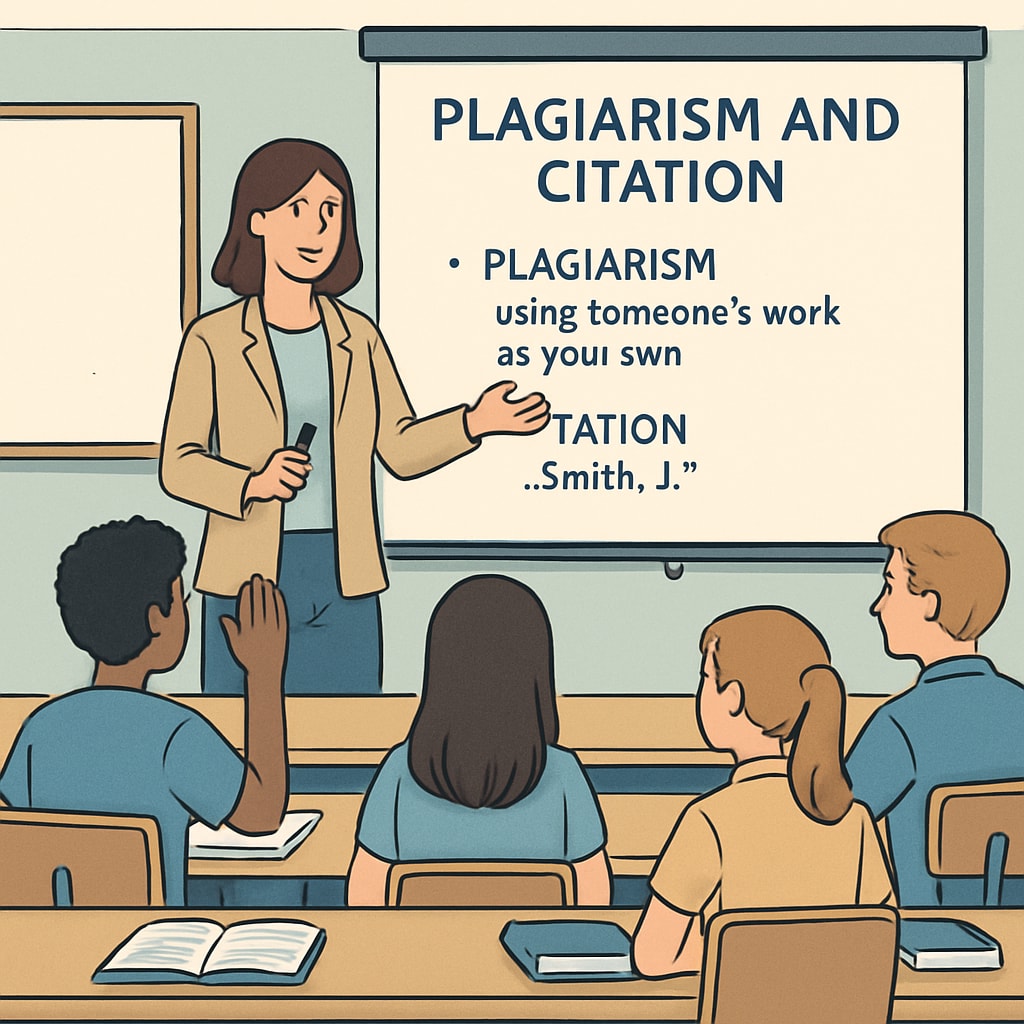Using Essay Pro, a popular essay-writing service, on education platforms like Canvas brings significant risks, especially with plagiarism detection tools like Turnitin. As schools increasingly rely on technology to uphold academic integrity, understanding how these systems work and their limitations is critical. This article explores the intersection of Essay Pro, Turnitin, and plagiarism issues, while offering strategies to foster student originality and ethical practices in academic work.
How Turnitin Detects Plagiarism
Turnitin is one of the most widely used plagiarism detection tools in educational institutions. Its primary function is to compare submitted work against a vast database of academic papers, online content, and previously submitted essays. By using advanced algorithms, Turnitin generates a similarity report that highlights matched content, giving educators insights into potentially plagiarized sections.
However, Turnitin is not infallible. For instance, it may flag properly cited content as plagiarized or fail to detect paraphrased ideas that lack proper attribution. Additionally, when students use services like Essay Pro, which often produce custom-written essays, Turnitin might not flag such submissions unless they are resold or reused by other students.

The Ethical Risks of Using Essay Pro
Essay Pro offers a seemingly convenient solution for overwhelmed students, but it poses significant risks to academic integrity. By outsourcing their work, students undermine the purpose of education, which is to develop critical thinking and communication skills. Moreover, institutions often impose severe penalties for academic dishonesty, including failing grades or even suspension.
In addition, educators and institutions are becoming more adept at identifying outsourced work. Even if an essay passes Turnitin’s plagiarism check, inconsistencies in writing style or an unexpected improvement in a student’s work may raise suspicions. As a result, relying on Essay Pro is not only unethical but also highly risky.
Promoting Originality in the Classroom
Preventing plagiarism requires a proactive approach from educators. Here are some effective strategies to encourage originality and uphold academic integrity:
- Teach Citation Skills: Educate students on proper citation practices and the importance of giving credit to original authors.
- Encourage Drafting: Require multiple drafts of assignments to monitor progress and identify inconsistencies in writing.
- Use Technology Wisely: While tools like Turnitin are useful, they should complement, not replace, thorough review by educators.
- Foster a Culture of Integrity: Promote open discussions about the value of honesty and the long-term benefits of authentic learning.

The Way Forward
As the use of online essay-writing services like Essay Pro grows, so does the need for robust academic integrity measures. While tools like Turnitin help detect plagiarism, cultivating ethical habits and original thinking in students is the ultimate solution. By combining technology with effective teaching strategies, educators can guide students toward success built on honesty and hard work.
In conclusion, the risks of using Essay Pro on platforms like Canvas far outweigh the short-term gains. Plagiarism detection tools, while not perfect, are constantly evolving, making it increasingly difficult to bypass academic integrity standards. By prioritizing originality and ethical practices, both students and educators can contribute to a more honest and effective educational environment.
Readability guidance: The article uses clear and concise language, short paragraphs, and lists to enhance readability. Transition words such as “however,” “in addition,” and “as a result” are used to maintain flow and coherence. Long sentences and passive voice are minimized to ensure accessibility and engagement.


